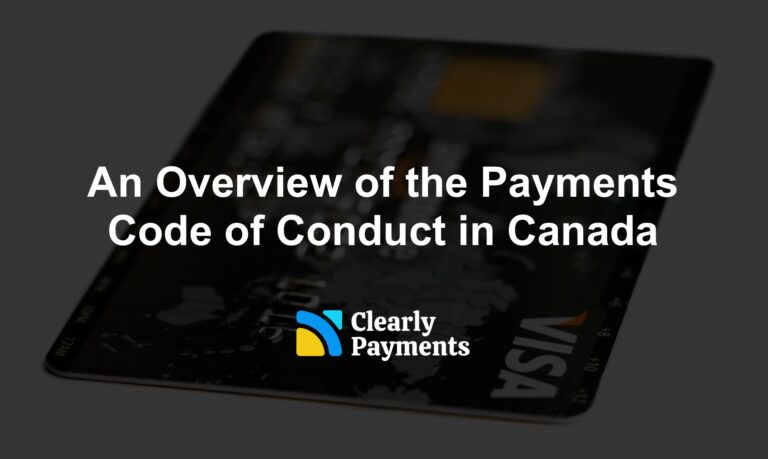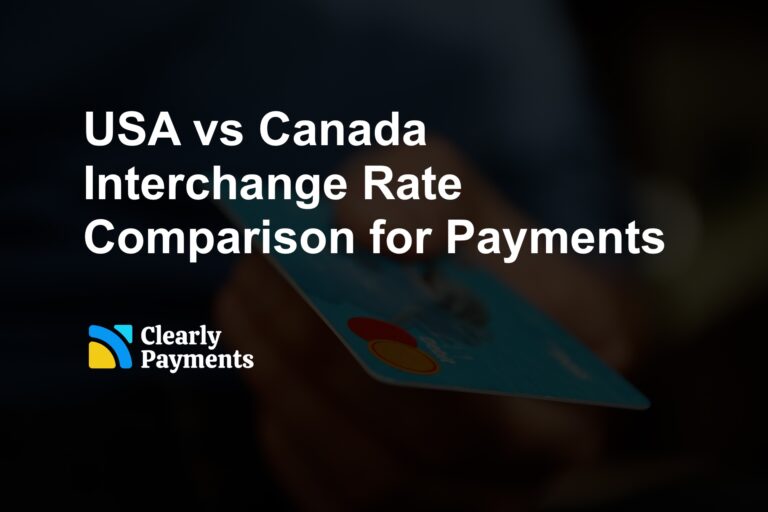It has happened to many businesses before and it’s not a good experience. You are halfway through a busy day and a colleague tells you that all credit cards are being declined. It was working in the morning, but now it’s gone haywire. You call your payment processor (hopefully they have phone support) and they give you the bad news that your account is frozen. You’re upset. Why does this happen?
There is risk in providing a merchant account or the ability to accept credit cards. If a merchant sells something that the customer uses a credit card, and if the product/service isn’t delivered, poorly delivered or is defective in almost any way, the merchant account provider is liable to pay all the losses. That’s the payment processing business. Therefore payment processors may freeze accounts if they feel there is a threat. The threats might be things like an unusually large charge or an increase in chargebacks.
Merchant account providers therefore do a number of things to help reduce the risk. Reserves are one of the most common thing they do. Read more about reserves. There are many types of reserves, but essentially it means holding a portion of the funds for a fixed period. This ensures that if there is a chargeback, there are funds in place to pay for the chargebacks.
There are many stories on the internet of Square, PayPal, and Stripe accounts being frozen or deactivated. Have you ever wondered why aggregators can get you accepting payments in minutes? They do the underwriting process later when you’re up and taking payments. When cash flow is critical to a business, it is much better to find out earlier than later if reserves are required.




